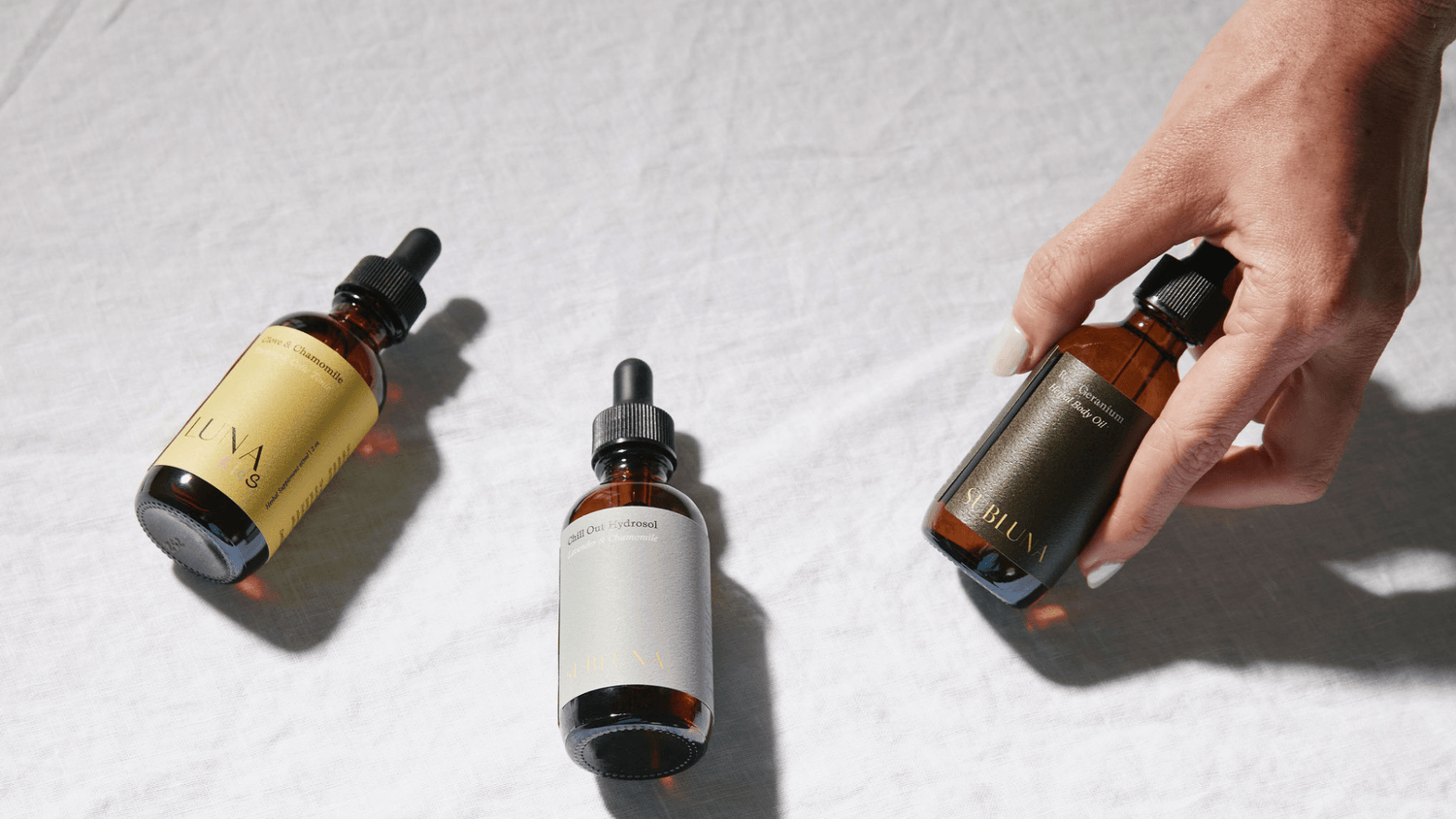Holistic Dental Care: Natural Ways to Prevent and Reverse Tooth Decay
Taking control of your dental health can feel daunting, especially with the limitations of modern dentistry. Concerns over the widespread use of fluoride, now shown to have neurotoxic effects, paired with invasive procedures like root canals and unnecessary x-rays, are prompting many to seek safer, more natural alternatives to prevent and reverse tooth decay.
Traditional dentistry tends to focus on treating symptoms, such as filling cavities or performing extractions, rather than addressing the root cause of decay. As a result, many people are searching for ways to maintain oral health without relying on these invasive procedures. Though holistic dentistry is gaining popularity, finding a qualified practitioner can be challenging due to its emerging nature.
In the meantime, there are simple, effective ways to support your dental health naturally. Holistic dental care is built on two foundational principles: remineralization and maintaining a healthy oral microbiome. These practices can strengthen your teeth, brighten your smile, and even eliminate bad breath. Understanding how these principles work can help you prevent decay and avoid unnecessary dental work.
The Oral Microbiome: Key to Optimal Dental Health
Your mouth hosts its own microbiome, which plays a critical role in your overall health. Studies show that an unhealthy oral microbiome can impact more than just your teeth and gums; it can lead to systemic issues like inflammation, brain fog, and even heart disease. Poor oral health is also linked to a higher risk of tooth decay, making it essential to maintain a balanced oral microbiome.
Morning breath is often an indicator of an imbalanced oral microbiome. Bad breath signals that harmful bacteria are outnumbering the beneficial ones, increasing your risk for tooth decay. A healthy oral microbiome shouldn’t cause bad breath, and achieving balance requires more than just brushing your teeth. Let’s explore how to naturally support a thriving oral microbiome.
Choosing Foods to Support Your Oral Microbiome
Your diet directly affects the health of your teeth and oral microbiome. Consuming nutrient-rich foods packed with essential vitamins and minerals is key to strengthening your teeth and balancing bacteria in the mouth. Vitamins K and D are particularly crucial, as they work together to help your body absorb calcium and phosphorus, which are vital for preventing tooth decay.
Raw dairy products, such as raw milk and yogurt, are rich in probiotics that can balance your oral microbiome and support remineralization. These probiotics reduce harmful bacteria, lowering the risk of cavities and promoting healthier teeth.
Additionally, after consuming less tooth-friendly foods like crackers or sweets, rinsing your mouth with water or eating an apple can help remove food particles, preventing the acidic environment that leads to decay.
Selecting the Best Toothpaste for Holistic Dental Care
When choosing toothpaste, it’s important to find one that supports your oral microbiome. Many non-toxic toothpaste brands use essential oils, which, although antimicrobial, can disrupt the balance of good bacteria in your mouth. Instead, look for a toothpaste without essential oils that uses plant-based extracts or is flavor-free to maintain microbiome health.
A good toothpaste should also contain glycerin, which helps retain moisture in the mouth. A dry mouth fosters decay-causing bacteria, while glycerin promotes saliva production, essential for washing away harmful bacteria and maintaining a balanced oral microbiome.
Oral Probiotics for Healthier Teeth and Gums
Just as your gut benefits from probiotics, your mouth can too. Oral probiotics introduce beneficial bacteria that crowd out decay-causing microbes, reducing plaque formation and supporting gum health. Incorporating probiotics through supplements or probiotic-rich foods like raw dairy helps maintain a healthy oral environment and reduce the chances of cavities and gum disease.
Herbs for a Healthier Oral Microbiome
Herbs are powerful allies for oral health. Yarrow, known for its astringent properties, helps tone gums and reduce inflammation, making it useful for combating gingivitis. Spilanthes, often called the “toothache plant,” promotes saliva production, which naturally washes away harmful bacteria and supports a thriving oral microbiome.
Remineralization: Strengthening and Rebuilding Your Teeth
Your teeth rely on minerals like calcium and phosphorus to stay strong. When your body lacks these minerals, it pulls them from your bones and teeth, leading to weakened enamel and decay. This is especially common during pregnancy, as women lose around 10% of their mineral stores during this time. However, remineralization can help restore and protect your teeth.
Hydroxyapatite: A Natural Alternative to Fluoride
Hydroxyapatite, a natural mineral, is gaining recognition as a fluoride alternative. It strengthens tooth enamel, whitens teeth, and helps protect against decay without the risks associated with fluoride.
Herbal Infusions for Strong Teeth
Herbal infusions made from nettle leaf and comfrey leaf can support remineralization and prevent decay. Nettle leaf is packed with minerals that strengthen teeth and gums, while comfrey leaf promotes healing of bone and gum tissue.
Homeopathic Cell Salts for Mineralization
Homeopathic cell salts like Calc Fluor, Calc Phos, and Silicea are potent tools for remineralizing teeth. These minerals help rebuild and strengthen teeth, with some SubLuna community members reporting tooth decay reversal confirmed by x-rays.
Simplifying Holistic Dental Care
While holistic dental care may seem complex, focusing on two key principles, supporting your oral microbiome and promoting remineralization, can simplify your approach. By incorporating mineral-rich foods, using microbiome-friendly products, and incorporating herbs and probiotics into your routine, you can take control of your dental health naturally.
Whether you're looking to prevent decay or reverse existing issues, these strategies will help you maintain a bright, healthy smile and improve your overall well-being.



